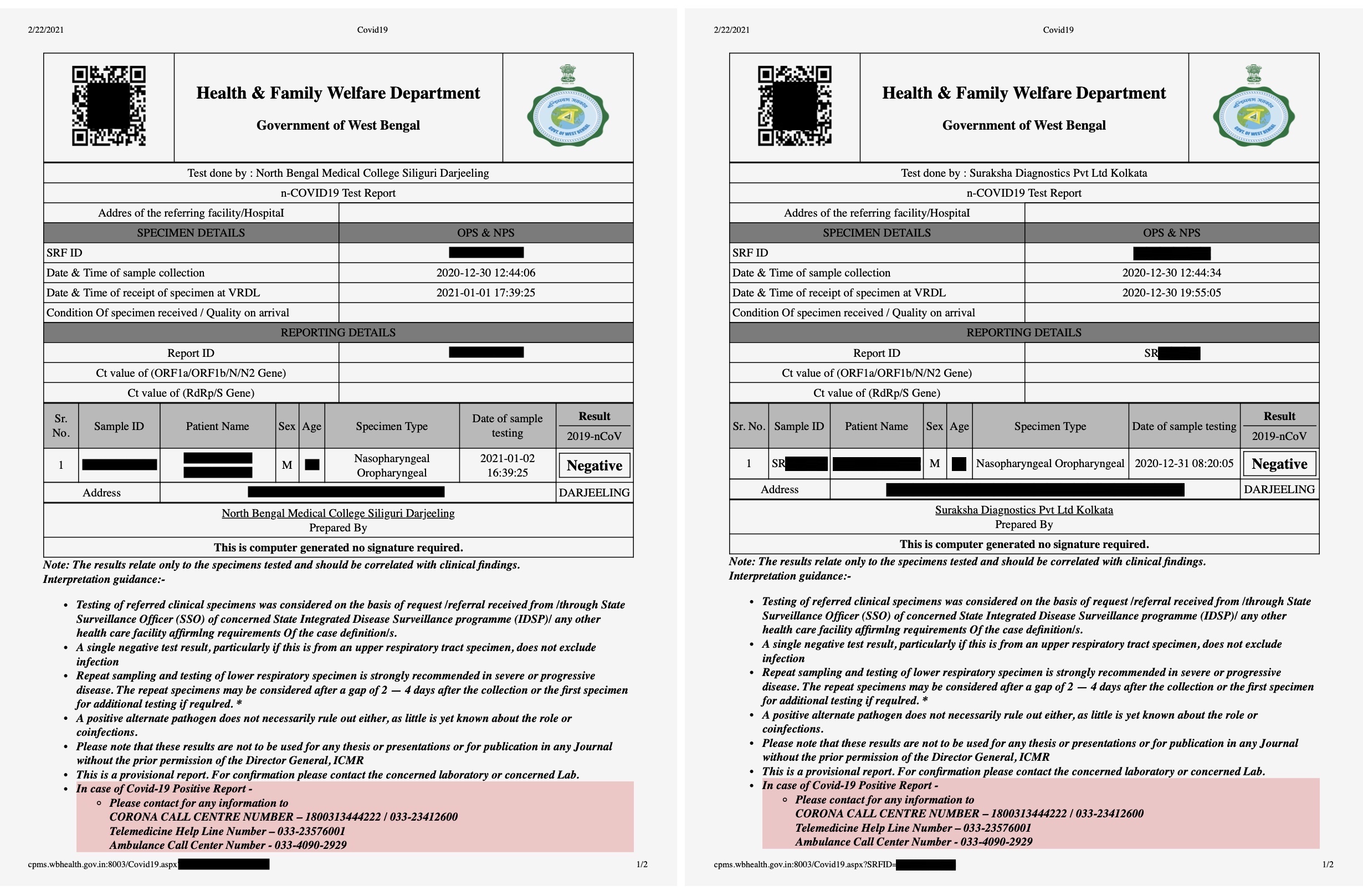Apple is facing another antitrust investigation in Europe into how it operates the iOS App Store.
The UK’s Competition and Markets Authority (CMA) announced today that it’s opened an investigation following a number of complaints from developers alleging unfair terms and as a result of its own work in the digital sector.
“The CMA’s investigation will consider whether Apple has a dominant position in connection with the distribution of apps on Apple devices in the UK — and, if so, whether Apple imposes unfair or anti-competitive terms on developers using the App Store, ultimately resulting in users having less choice or paying higher prices for apps and add-ons,” it wrote in a press release.
“This is only the beginning of the investigation and no decision has yet been made on whether Apple is breaking the law,” it added.
In a statement, Andrea Coscelli, chief executive of the CMA, also said: “Millions of us use apps every day to check the weather, play a game or order a takeaway. So, complaints that Apple is using its market position to set terms which are unfair or may restrict competition and choice — potentially causing customers to lose out when buying and using apps – warrant careful scrutiny.”
An Apple spokesperson sent us this statement in response to the CMA action:
We created the App Store to be a safe and trusted place for customers to download the apps they love and a great business opportunity for developers everywhere. In the UK alone, the iOS app economy supports hundreds of thousands of jobs, and any developer with a great idea is able to reach Apple customers around the world.
We believe in thriving and competitive markets where any great idea can flourish. The App Store has been an engine of success for app developers, in part because of the rigorous standards we have in place — applied fairly and equally to all developers — to protect customers from malware and to prevent rampant data collection without their consent. We look forward to working with the UK Competition and Markets Authority to explain how our guidelines for privacy, security and content have made the App Store a trusted marketplace for both consumers and developers.
The European Union already has an open antitrust investigation into a number of elements of Apple’s business — after announcing a probe of the App Store and the iPhone maker’s payment offering, Apple Pay, last summer.
US lawmakers have also been questioning Apple as part of a major antitrust probe into big tech. And a bill has just advanced in Arizona that aims to force both Apple and Google to allow third party payment options in their smartphone stores.
The EU’s Apple investigation, meanwhile, remains ongoing. The video games publisher Epic Games — which has been engaged in a vicious public battle with Apple over what it decries as Cupertino’s unfair ‘tax’ on developers — recently sought to join the EU’s case by filing a complaint with the European Commission last month.
Epic also previously filed the same complaint in the UK — so it’s one of the unhappy developers the CMA cites.
With the UK now outside the European Union (post-Brexit), the CMA looks set to take on a more prominent role as a regional regulator. It’s free to investigate the same issues as the Commission (whereas under EU rules national regulators are supposed to avoid duplicating effort). So if it can move faster than the bloc’s competition commission it may have the opportunity to mould the standards that apply to tech giants. (Although the CMA said today that it “continues to coordinate closely” with the Commission and other agencies to tackle what it described as “global concerns”.)
Last fall the UK also announced a plan to establish a pro-competition regulation regime aimed at tackling the market power of big tech.
That followed a major market study of online platforms and digital advertising carried out by the CMA and the regulator published its advice to the government on shaping that regime in December. “As the CMA works with the government on these proposals – which will complement its current enforcement powers – the CMA will continue to use its existing powers to their fullest extent in order to protect competition in these areas,” it said today.
“Our ongoing examination into digital markets has already uncovered some worrying trends,” Coscelli added. “We know that businesses, as well as consumers, may suffer real harm if anti-competitive practices by big tech go unchecked. That’s why we’re pressing on with setting up the new Digital Markets Unit and launching new investigations wherever we have grounds to do so.”
In other recent actions scrutinizing tech giants the CMA has opened an investigation into Google’s plan to phase out third party tracking cookies and launched an inquiry into Uber’s planned acquisition of UK SaaS maker Autocab.

